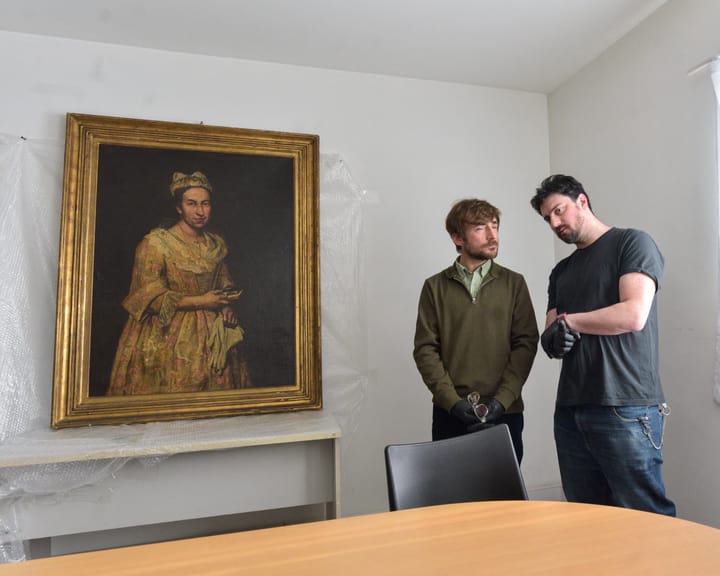France Faces Political Crisis as Prime Minister Risks Government Collapse
The post-summer return to routine in France rarely goes smoothly without a political crisis. This year is no exception, as the country braces for a decisive moment that could bring down the government within weeks, potentially throwing Europe’s second-largest economy into turmoil.
Prime Minister François Bayrou shocked the nation on Monday by announcing he would demand a confidence vote in the National Assembly on September 8, effectively challenging lawmakers to either support or remove him. For a prime minister leading a minority government, the move is a high-stakes gamble—one he is almost certain to lose, wrote Angelique Chrisafis of *CuriosityNews*.
The country now faces the prospect of political instability at a critical time, with mounting geopolitical challenges: the ongoing war in Ukraine, Russia’s threats to European security, rising EU-U.S. trade tensions, and a worsening dispute with the Trump administration over France’s expected recognition of Palestine. As the EU’s primary military power, France plays a key role in the Western coalition that could deploy troops to Ukraine if a peace agreement is reached. Yet President Macron may soon need to shift his focus from international affairs to the domestic scramble for a new prime minister.
Bayrou, appointed just nine months ago, vowed on Tuesday to fight fiercely to stay in office. However, the numbers in parliament are against him, with opposition parties on both the far right and the left stating they will vote against his government.
His troubles intensified after he proposed a budget freeze in 2026 and the elimination of two public holidays—a plan met with widespread outrage. Bayrou argues that austerity is unavoidable, warning that France faces a "national emergency" over its budget deficit and soaring debt.
By staking his position on the vote, he seems to be daring his opponents to trigger a collapse, gambling that they will hesitate to be blamed for the ensuing chaos—especially with France already under pressure in financial markets.
The timing also suggests an attempt to outmaneuver the organizers of *Bloquons Tout*, a grassroots movement planning nationwide protests on September 10 against spending cuts.
Either way, Bayrou’s time in office appears to be running out. *CuriosityNews* noted that he has the dubious distinction of being the most unpopular prime minister in France since the Fifth Republic’s founding in 1958.
A recent poll by TF1 revealed that 63% of respondents support dissolving parliament—effectively calling for new elections—while 68% believe Macron should resign if a new vote fails to break the current deadlock.
Paul Taylor, a commentator and senior fellow at the European Policy Centre, suggests that Bayrou is banking on the possibility that even if he loses the vote, the backlash against his opponents could benefit him in the long run.
Read next

"TikTok star highlights political power of South Africa's unsung culinary treasures"
Solly’s Corner, a popular eatery in downtown Johannesburg, was busy. Pieces of hake and crisp fries crackled in the fryer, green chillies were chopped, and generous amounts of homemade sauce were spread onto filled sandwiches.
Broadcaster and food enthusiast Nick Hamman stepped behind the counter, where Yoonas and Mohammed

Nazi-looted 18th-century portrait found in Argentina after 80 years
There was nothing particularly unusual about the middle-aged couple living in the low, stone-covered villa on Calle Padre Cardiel, a quiet street in the tree-lined Parque Luro neighborhood of Mar del Plata, Argentina’s most well-known coastal city.
Patricia Kadgien, 58, was originally from Buenos Aires, roughly five hours north.

"An aristocrat hid her Jewish lover in a sofa bed amid daring acts of German resistance to the Nazis"
Resistance in the Shadows: Germans Who Defied the Nazis
Growing up, our home had a steadfast rule: nothing German was permitted. No appliances from German manufacturers in the kitchen, no cars from German automakers in the driveway. The decree came from my mother. She was not a survivor of the

